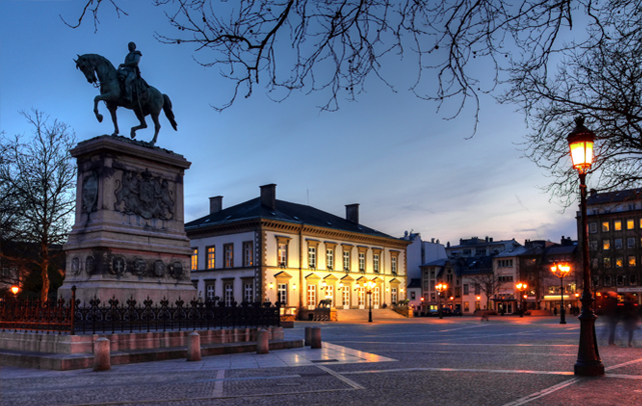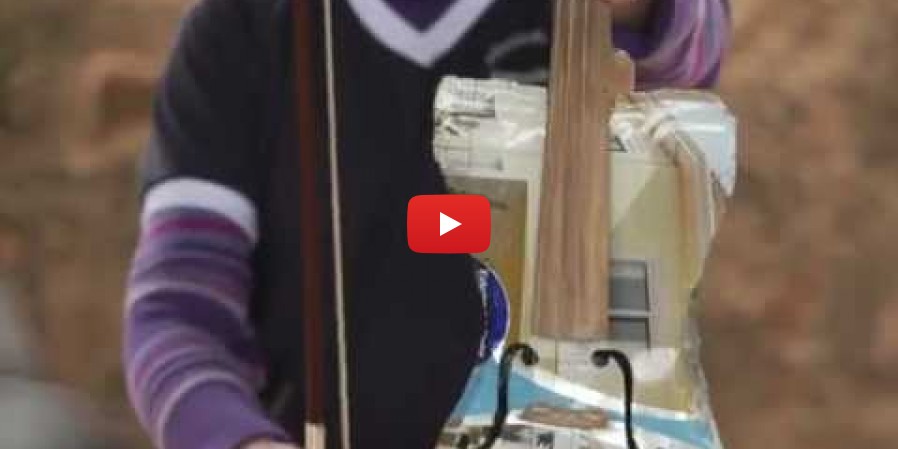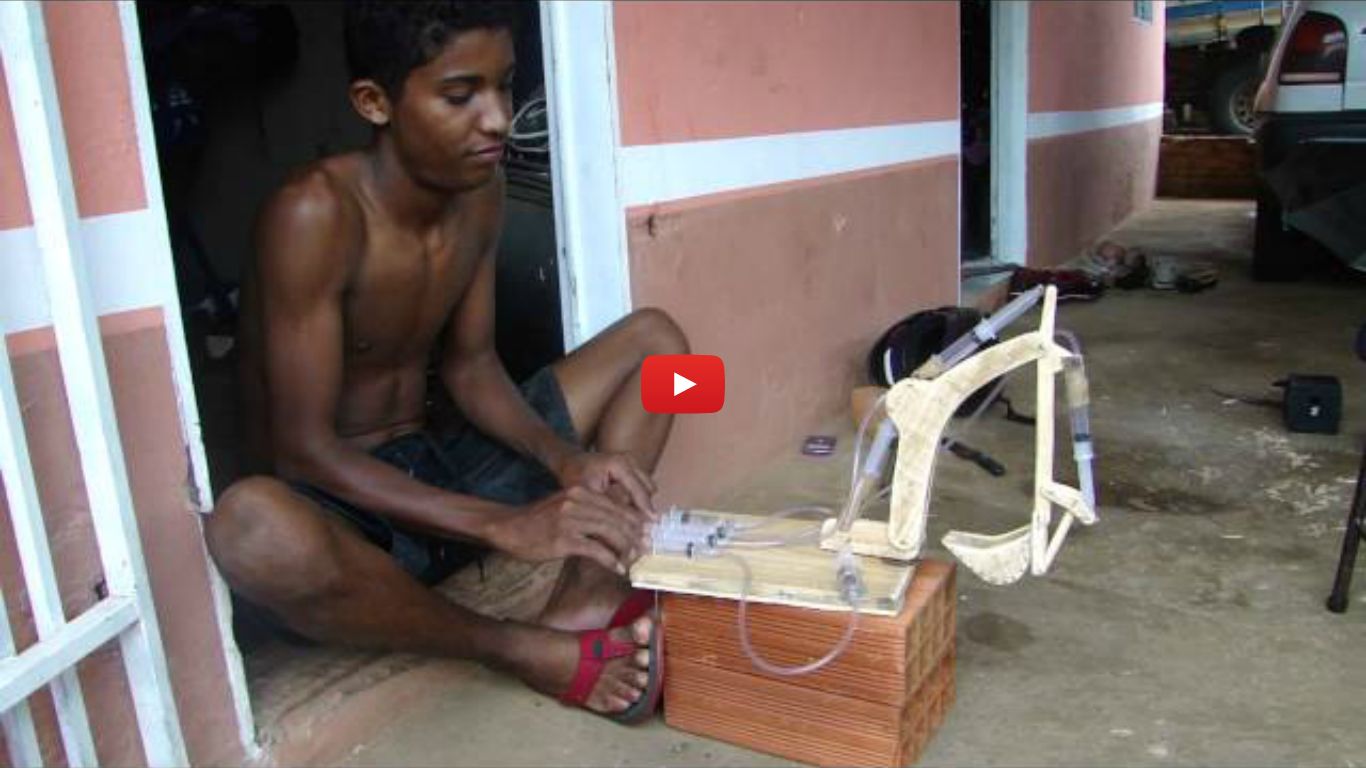Facts About Luxembourg

Luxembourg, a small and beautiful European country has a flourishing cultural history primarily in the field of music, painting and photography. All through the year, many festivals are celebrated which also portray that the traditional heritage of the country has not been foreshadowed. Architecture too, with remarkable edifices such as the Vianden Castle and the Echternach Basilica, illustrates the exquisiteness of the civilization that has passed through the hands of Romans and Germans. Even more remarkable is the fact that Luxembourg, being an important part of the EU enjoys the benefits of an open European market. Though small in size, Luxembourg dreams big, and that will be evident in the facts that we have put together for you. Go through rest of the portion to know in detail, the captivating facts about Luxembourg.
Fast Facts
Capital: Luxembourg City
Official Language: Luxembourgish, German, French
National Language: Luxembourgish
Demonym: Luxembourgers
Religions: Roman Catholicism (predominant); Judaism, Greek Orthodoxy, Anglicanism, Russian Orthodoxy, Lutheranism, Mennonitism and Islam.
Legislature: Unicameral; The Chamber of Deputies of Luxembourg
Independence: 9th June 1815 (from French), 19th April 1839 (1st Treaty of London), 11th May 1867 (2nd treaty of London), 23rd November 1890 (end of personal union)
Constitution: 17th October 1868
Area: 2,586.4 km2, 998.6 sq mi
Population: 516,000 (UN, 2011)
Currency: Euro
National Bird: Goldcrest
National Animal: Lion
Interesting And Fun Facts About Luxembourg
- Luxembourg is the only enduring sovereign Grand Duchy in the world and is amongst the smallest countries in Europe and all around the world.
- Luxembourgish is a Franconian language of the Moselle region and is quite similar to German and Dutch.
- It has the highest GDP per capita in the world and its GDP is almost three times the average GPD of EU.
- It is famous in Europe for its largest radio and television stations: Radio Luxembourg, the RTL Group of Luxembourg. It runs 34 television and 33 radio stations in 12 countries which comprises of M6 channel in France and Channel Five in the United Kingdom.
- Besides this, it is the uplink house of SES, carrier of major European satellite services in Germany and Britain.
- Luxembourg contributes to the highest sale of alcohol in European GDP.
- Though Luxembourg is secular, it is the Roman Catholics that are predominantly existent in the country, about 87%. Remaining 13% include people belonging to Judaism, Anglicanism, Greek Orthodoxy, Russian Orthodoxy, Mennonitism, Protestant Christians, Orthodox Christians, Islam and Lutheranism.
- It was in the second edition of 14th April 1821 of a weekly journal called ‘Luxemburger Wochenblatt’, that the first printed sentences in Luxembourgish were released.
- German is the first language which is taught in schools of Luxembourg and is also used by the Church and media. However, all the businesses and official dealings are done in French.
- The education system of Luxembourg is trilingual; students in primary schools are taught in Luxembourgish in the initial stage before changing to German, whereas in the secondary schools lectures are delivered in French.
- The University of Luxembourg is the only university in the country.
- The main industries of this small European country are iron and steel, banking, food processing and chemicals.
- In 2005, it was selected as the third leading country for business efficiency in Europe.
- University of Oxford and the University of Oviedo ranked Luxembourg the 2nd country in the world in the development of the Information and Communication Technologies in the ITU ICT Development Index and 8th in the Global Broadband Quality Study 2009.
- Luxembourg is one of the founder-members of NATO, the Western European Union, the European Union, the United Nations and the Benelux. It is the bench of many institutions and agencies of the EU.
- It is the least populated country amongst all the member countries of European Union. Along with this, it is the 20th smallest country of the 194 independent nations of the world.
- The Heritage Foundation, an American company, ranked Luxembourg as the first in Europe and fourth in the world for economic freedom.
- This European country has two regions: the Gutland in the south and the Oesling in the north. The Northern part of the Luxembourg is not very populated; it only has one town with population of just above 4,000.
- Luxembourg is in the list of the UNESCO World Heritage site because of its significant history in Roman as well as the Spanish kingdom.
- Due to its banking secrecy laws, Luxembourg has attained the reputation of a tax haven.
- 23rd June is celebrated as the National Day of Luxembourg and is also the birthday of the Grand Duchess, Charlotte.
- The motto of the Luxembourg is ‘Mir wëlle bleiwe wat mir sinn’ which stands for ‘We want to remain what we are’.
- In 1995, Luxembourg was titled, for the first time, as the ‘European Capital of Culture’. It was again honoured with same title in 2007, thereby making it the first county to be titled twice.
- This European country was represented at the World Expo 2010 in Shanghai, China. The pavilion was originated from the translation of the word Luxembourg into Chinese, which stands for ‘Lu Sen Bao’: Forest and Fortress. This denoted Luxembourg as the ‘Green Heart in Europe’.
- Some of the leading international artists were born in Luxembourg including the photographer Edward Steichen and the painters Michel Majerus, Theo Kerg and Joseph Kutter.
- Loretta Young, the famous movie star also belonged to the Luxembourgish descent.
- Victor Hugo, the most prominent French writer resided in Luxembourg in a town near to the German border. Later on, the house was transformed into a museum, which is very famous among the Dutch and French tourists.
- The two main festivals of Luxembourg are the Dancing Procession of Echternach and the Christmas. Some other popular festivals in Luxembourg are New Year, Good Friday, and Easter.









